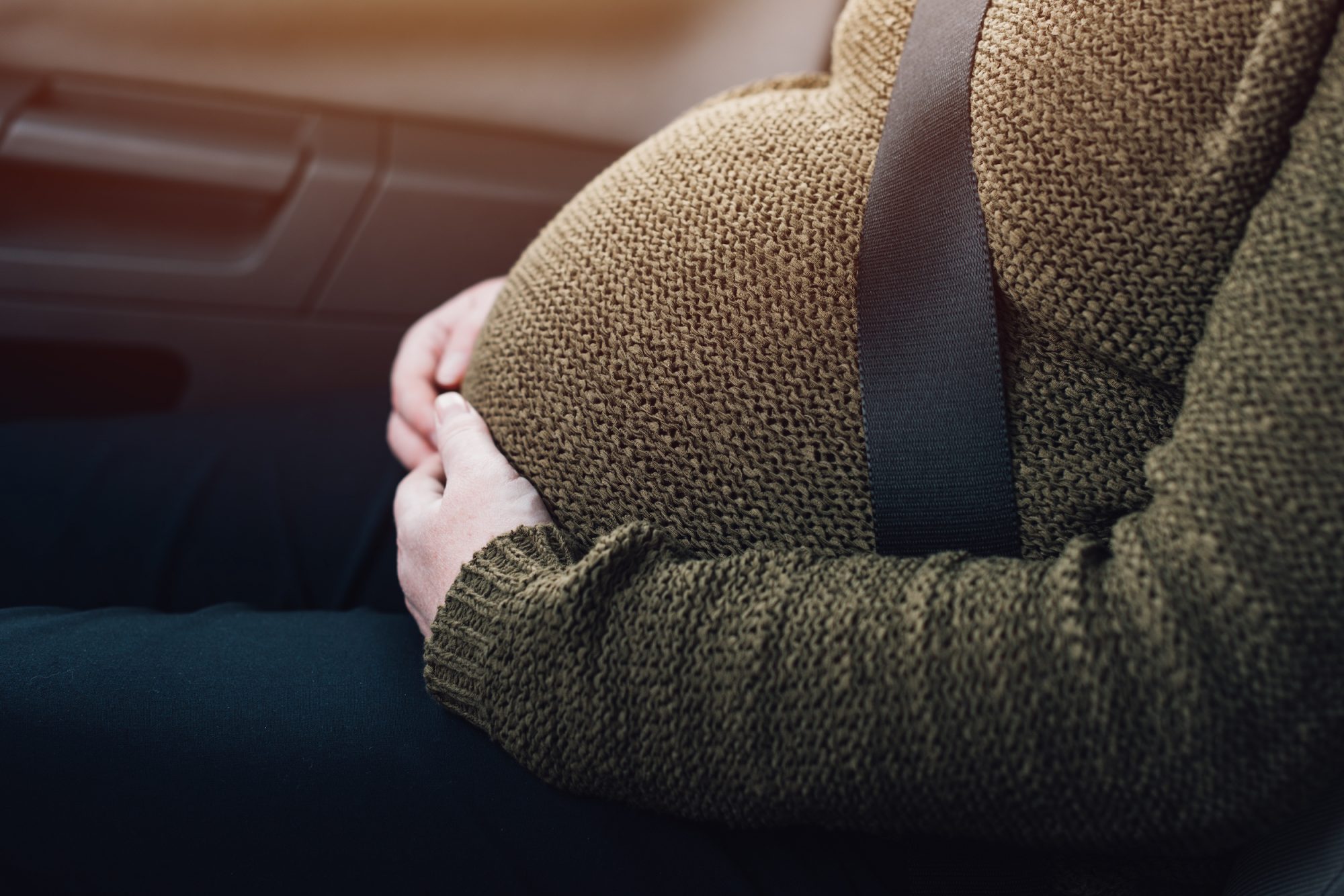Pregnant women asked to get COVID-19 vaccine to prevent severe illness
الصحة تدعو النساء الحوامل للحصول على لقاح كوفيد-١٩ للوقاية من الأعراض الشديدة
QNA
Doha: National Health Strategy 2018-2022 Lead for Healthy Women Leading to Healthy Pregnancies Dr. Najat Khenyab has urged unvaccinated pregnant women to act now and get vaccinated against COVID-19 to ensure they and their unborn babies are protected against the virus, especially with the more severe delta variant being present in Qatar and most countries around the world.
“With the delta COVID-19 strain currently in circulation in Qatar, it is more important than ever for pregnant women to get inoculated against the virus. The delta variant is more transmissible and causes more severe symptoms than other strains. Getting a COVID-19 vaccine during pregnancy can protect you from severe illness from the disease,” she notes.
“Around the world, hundreds of thousands of pregnant women have been vaccinated, mainly with Pfizer and Moderna vaccines, and no notable safety concerns have been identified. The vaccines are highly effective almost all hospital admissions are for individuals who are not fully vaccinated,” Dr. Khenyab added.
She says that the World Health Organization (WHO) guidance states that pregnant women are at higher risk of severe COVID-19 compared with women of childbearing age who are not pregnant, and COVID-19 has been associated with an increased risk of preterm births.
“Pregnant women are at increased risk for severe outcomes when they get COVID-19 and even if they’re healthy, the pregnancy itself makes them susceptible to some of the complications of the virus. Therefore, pregnant women are more likely to have severe COVID-19 and more likely to be hospitalized, and any severe illness in pregnancy increases the risk to the outcome of the pregnancy,” Dr. Khenyab said.
Additionally, pregnant people with COVID-19 are at increased risk of preterm birth and might be at increased risk of other adverse pregnancy outcomes compared with pregnant women without COVID-19, she emphasizes.
To protect yourself and your unborn child from COVID-19, visit the MOPHs website Registration for Covid-19 Vaccine and Appointment Request (moph.gov.qa) to book an appointment to receive COVID-19 vaccine soon or contact your primary health center directly.
قنا
الدوحة: دعت الدكتورة نجاة الخنياب قائد برنامج صحة النساء والحمل في الاستراتيجية الوطنية للصحة 2018-2022، الحوامل اللواتي لم يحصلن على التطعيم المضاد لفيروس /كوفيد-19/ إلى المسارعة للحصول اللقاح لضمان حماية صحتهن وحماية الأجنة من الفيروس خاصة مع وصول المتحور الجديد دلتا إلى دولة قطر وغالبية الدول حول العالم.
وقالت “إن المتحور الجديد لفيروس كورونا /دلتا/ موجود حاليا في دولة قطر، لذا فإنه من المهم الآن أكثر من أي وقت مضى أن تحصل النساء الحوامل على التلقيح ضد الفيروس. حيث يعتبر المتحور الجديد أكثر عدوى ويتسبب في الإصابة بأعراض مرضية أكثر شدة بالمقارنة مع السلالات الأخرى”.
وأشارت إلى أن الحصول على لقاح /كوفيد-19/ خلال فترة الحمل يعمل على الحماية من الإصابة بالأعراض الشديدة التي يسببها الفيروس، مبينة أن هناك مئات الآلاف من الحوامل حول العالم قد حصلن على لقاحات /فايزر- بيونتيك/، و/موديرنا/ دون رصد أي مشاكل تتعلق بالسلامة حيث تعتبر هذه اللقاحات فعالة جدا، ونبهت إلى أن غالبية الإدخالات إلى المستشفيات هي للأفراد غير المطعمين بشكل كامل.
وأوضحت الدكتورة نجاة، أنه وبحسب إرشادات منظمة الصحة العالمية فإن النساء الحوامل أكثر عرضة لخطر الإصابة بالأعراض الشديدة لفيروس /كوفيد-19/ مقارنة بالنساء غير الحوامل في سن الإنجاب، كما يرتبط الفيروس بزيادة خطر الولادة المبكرة.
وقالت “إن النساء الحوامل أكثر عرضة لخطر المضاعفات الشديدة عند إصابتهن بـ/كوفيد-19/ حتى وإن كن يتمتعن بصحة جيدة لأن الحمل يجعلهن سريعات التأثر ببعض مضاعفات الفيروس، ويعتبرن الأكثر عرضة للإصابة بالأعراض الشديدة لـ/كوفيد-19/ ومن ثم الحاجة إلى الإدخال إلى المستشفى مما يزيد من مضاعفات الحمل كنتيجة للإصابة بالأعراض الشديدة للمرض، كما تتعرض الحوامل المصابات بـ/كوفيد-19/ لخطر الولادة المبكرة التي تزيد من المضاعفات العكسية للحمل بالمقارنة مع الحوامل اللواتي لم يصبن بالفيروس”.
ودعت إلى زيارة الموقع الإلكتروني لوزارة الصحة العامة لحجز موعد للحصول على لقاح /كوفيد-19/ في أقرب فرصة ممكنة أو عبر الاتصال المباشر بمركز الرعاية الصحية الأولية المسجلة فيه المرأة الحامل.




